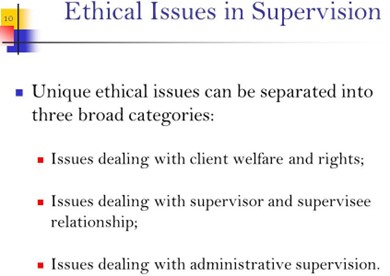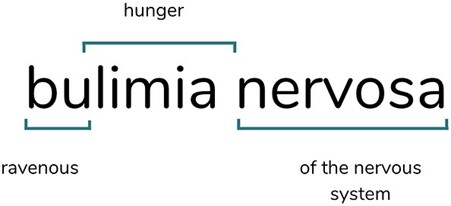In a Behavioral Health Unit team meeting, a registered nurse Says, "l am concerned if we are behaving ethically by using restraint to prevent one patient from self-mutilation while the care plan for another patient who has also self-mutilated issues calls for one-on-one supervision."
Which ethical principle most clearly applies to this situation?
Veracity
Non maleficence
Autonomy
Justice
The Correct Answer is D
The ethical principle of justice refers to the fair and equal treatment of all individuals. In this situation, the nurse is concerned about whether the team is behaving ethically by using different approaches to prevent self-mutilation in two patients. The nurse is questioning whether the team is treating both patients fairly and equally.
Option a. Veracity refers to the principle of truth-telling and honesty.
Option b. non-maleficence refers to the principle of doing no harm.
Option c. Autonomy refers to the principle of respecting an individual’s right to make their own decisions.

Nursing Test Bank
Naxlex Comprehensive Predictor Exams
Related Questions
Correct Answer is B
Explanation
Bulimia nervosa is an eating disorder characterized by recurrent episodes of binge eating followed by inappropriate compensatory behaviors such as self-induced vomiting, misuse of laxatives or diuretics, fasting, or excessive exercise. Binge eating refers to the consumption of an abnormally large amount of food within a short period, accompanied by a feeling of loss of control overeating. After bingeing, individuals with bulimia nervosa feel guilty, ashamed, and anxious about their behavior, and try to compensate by purging.
Options a, c, and d are incorrect as they do not accurately describe the characteristic features of bulimia nervosa.
Avoiding social gatherings and family meals is a characteristic of social anxiety disorder, not bulimia nervosa. Restricting caloric intake all the time is a characteristic of anorexia nervosa, a different type of eating disorder. Following a strict diet and exercise program is not necessarily a characteristic of bulimia nervosa, although some individuals with bulimia nervosa may engage in excessive exercise as a compensatory behavior.

Correct Answer is D
Explanation
In this scenario, the client has expressed a serious threat to harm someone, which triggers a healthcare provider's duty to warn law. The nurse appropriately informed the healthcare provider, who then informed their boss, to protect the potential victim from harm. This action is not a violation of privacy or confidentiality, as it is necessary for the safety and wellbeing of others.
Therefore, no disciplinary action is required for the nurse or the healthcare provider, as they acted in accordance with their professional and legal obligations to protect the safety of others.
Whether you are a student looking to ace your exams or a practicing nurse seeking to enhance your expertise , our nursing education contents will empower you with the confidence and competence to make a difference in the lives of patients and become a respected leader in the healthcare field.
Visit Naxlex, invest in your future and unlock endless possibilities with our unparalleled nursing education contents today
Report Wrong Answer on the Current Question
Do you disagree with the answer? If yes, what is your expected answer? Explain.
Kindly be descriptive with the issue you are facing.
